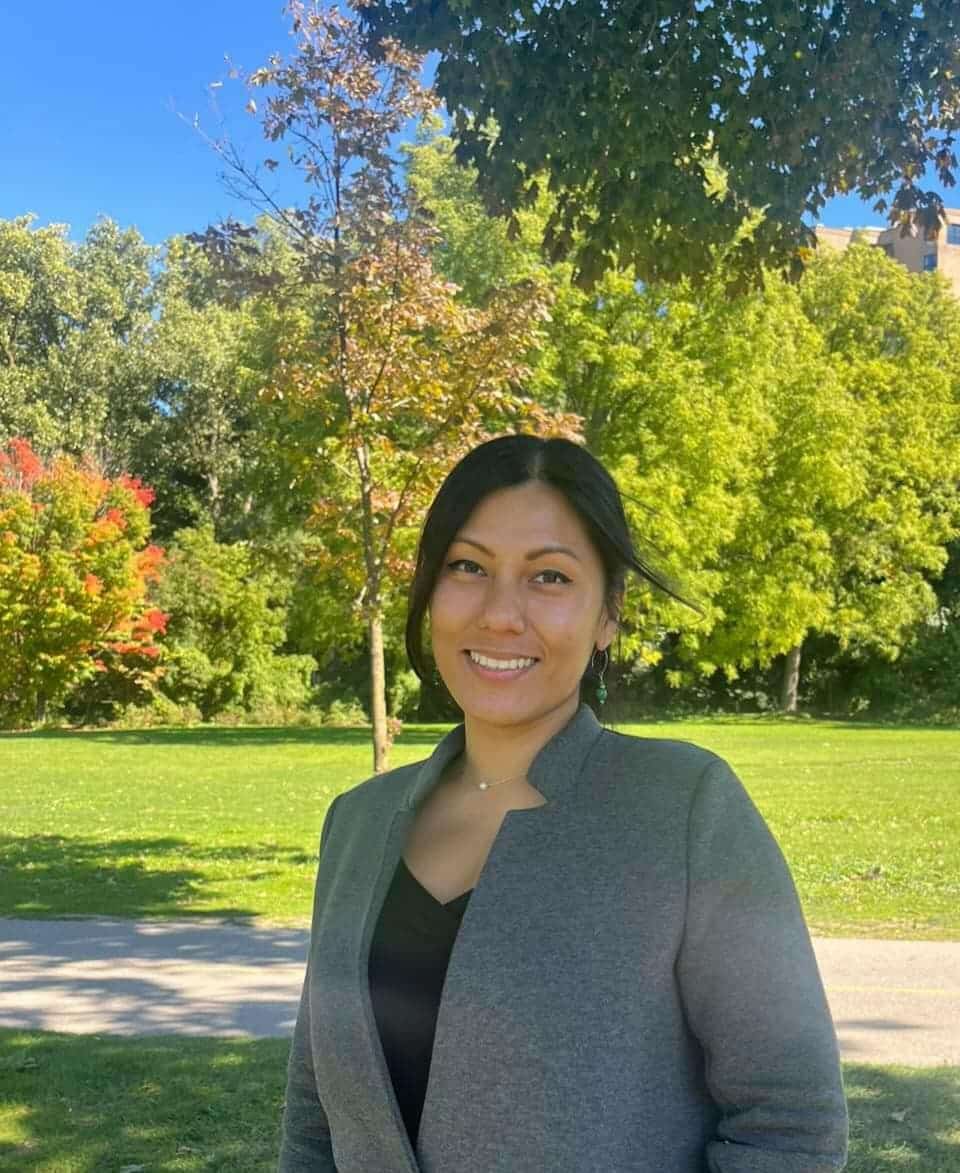TAP-EDM Canadian Expert Profile
Anju Fujioka – Canadian Expert supporting the TAP technical assistance initiative in Gambia.
- Where are you from?
For the past 15 years, I have called Canada home. Before that, I lived in Norway, India, Oman, and Japan.
- As a child, what did you want to be when you grew up?
I wanted to be a teacher or a social worker, but my mother always said I would be a lawyer. She was right.
- How did come to become a lawyer, specializing in sexual assault and abuse cases?
In one word, serendipity. A few months into my legal studies, I met a lawyer whose entire practice consisted of representing victims of sexual assault. I knew right then that I found my dream job. Since then, I have been building a practice dedicated to representing and advocating for survivors of sexual and gender-based violence.
- What are some of your current projects?
As part of the TAP-EDM initiative, I am collaborating with the Sexual and Gender-Based Violence (SGBV) Unit of The Gambia’s Ministry of Justice to provide training for police officers, prosecutors, and the judiciary. The SGBV Unit’s mandate is to document and prosecute sexual offences, particularly against women and children. Our capacity-building work is focused on making the criminal legal system more victim-centered so that the justice system is accessible to survivors and is better equipped to respond to crimes of SGBV.
- What is gender equality for you, right now?
Gender equality is about equal access to resources, opportunities, and protections, regardless of one’s gender. Equal protection from gendered harms is especially important. We cannot achieve gender equality without dismantling the systems that perpetuate cycles of sexual and gender-based violence and abuse.
- What inspires you about the work that you do?
I love being able to contribute to survivors’ journeys for justice and accountability. I am also inspired by my fellow advocates and survivors who maintain their strength, courage, and persistence, even in the face of regressive social movements, violence, and repression.
- What else do you offer to your community?
Education, awareness, and advocacy are critical for any social change. Outside of work, I sit on the board of Anova, a shelter/sexual assault centre in Ontario, Canada. I am also involved in a variety of public legal education initiatives related to sexual violence, options for survivors, and trauma-informed lawyering.
- What would be one of your greatest achievements?
I am proud that I have been able to move forward from some of the most challenging moments of my life and apply those experiences to my work with survivors.
- What is your favourite activity to unwind, for fun?
I enjoy running along the river in fair weather. But in the winter, I would much rather spend an evening cooking a decadent three-course meal with my best friend.
- Do you have any advice for individuals working to reduce Gender-based violence against women and girls?
A wise colleague recently mentioned that people working in the GBV sector rarely celebrate their accomplishments. We may feel reluctant to make time to acknowledge the positive when we work in a field full of trauma, violence, and death. The work to reduce SGBV can feel never-ending. Despite this – or perhaps because of this – it is critical that we acknowledge our individual and collective successes.
- Any closing words, words of wisdom you wish to leave us with?
It may be trite, but everyone has a role to play in reducing or eliminating GBV. The relentless advocacy of individuals, activists, and civil society organizations has led to important conversations and changes being made at local, national, and international levels. But true change can only happen if we take a whole-of-society approach. Institutions – both public and private – need to examine their systems and practices. We need to invest further in prevention and protection – and education is a key part of this. We need to speak to men about GBV and disrupt cycles of violence. We need to provide survivors with options that allow them to pursue accountability, justice, and healing on their own terms.

